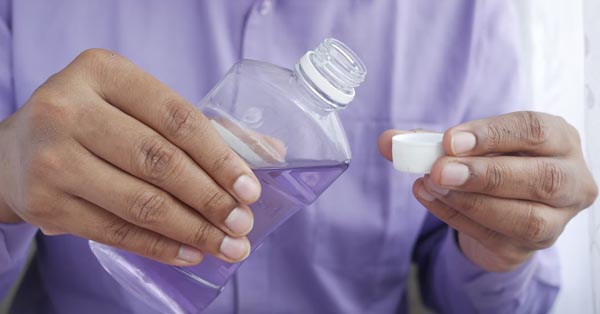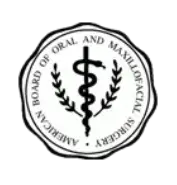The Mouthwash Mistake You Could Be Making
It can freshen up your breath faster than brushing, but does mouthwash really make a big difference when it comes to your oral health? You may be surprised to find that looks-or in this case, smells-can be deceiving! Oral rinses are not created equal, and if you're not careful, some can actually be more harmful than helpful. Find out whether your go-to for gargling is doing you any good, or if another mouthwash makes sense for you.
Therapeutic vs. Cosmetic Mouthwashes
Most mouthwashes claim to eliminate bad breath, but how they go about doing this can differ significantly. In general, over-the-counter oral rinses fall into two categories:
"Therapeutic" Mouthwashes
Comprised of various anti-microbial agents, these mouthwashes have plaque-fighting properties that can give your oral hygiene an added boost by inhibiting the growth of oral bacteria. Oftentimes, they may be further enhanced with fluoride to help combat tooth decay. Therapeutic mouthwashes proven to treat the root causes of bad breath are easy to tell apart from other mouthwashes because they come with an ADA seal of approval. In some cases, a special type of therapeutic rinse may be prescribed by your dentist.
"Cosmetic" Mouthwashes
Similar in appearance to therapeutic mouthwashes, cosmetic rinses also promise to control bad breath, but a closer look at the label will reveal both the lack of active ingredients and an ADA seal of approval. This means that while your breath may smell fresher, the mouthwash only serves to temporarily mask the odor, and doesn't specifically attack oral bacteria or built-up plaque.
If you've reviewed the product details carefully, but are still unsure whether your mouthwash is therapeutic or cosmetic, call your dentist for confirmation. He or she can easily verify its safety and effectiveness.
Choosing the Right Mouthwash
With countless options available, choosing mouthwash can be overwhelming, but a simple self-assessment is an easy way to narrow down the field:
If your breath is normally fresh...
A cosmetic rinse might be right for you. Keep a travel-sized bottle on hand for occasional use if/when your breath feels stale or smells bad due to something you may have eaten.
If you have chronic bad breath (or "halitosis")...
See your dentist first. He or she can determine the severity and likely causes, and advise whether the best solution can be found over-the-counter or if a prescription rinse is necessary. Either way, a therapeutic rinse will be most beneficial to keep bacteria at bay and help resolve your bad breath problem permanently.
If you have other dental problems in addition to bad breath...
Look for therapeutic rinses that come with added benefits. Those who have trouble with tooth decay, for instance, may fare better with a cavity-fighting mouthwash enriched with fluoride. Others who struggle with dry mouth ("xerostomia"), burning mouth syndrome, or have noticed an adverse reaction to traditional rinses, on the other hand, should reach for a non-aggravating, alcohol-free rinse. Nowadays, mouthwashes come with different benefits to meet varying preferences and dental goals: from those with whitening ingredients to organic mouthwashes and beyond.
Brushing and Flossing Always Come First
No matter which rinse you choose, it's important to remember that mouthwash is only meant to supplement-not substitute for-brushing and flossing. Ultimately, the best way to get rid of the bacteria and plaque that cause bad breath in the first place is with good oral hygiene and regular visits to the dentist's office. To ensure your at-home routine is meeting your dental needs, be sure to share your hygiene practices and products with your dentist.
Source:
https://www.deltadental.com/us/en/protect-my-smile/oral-health-conditions/bad-breath.html
https://www.wikihow.com/Use-Mouthwash






4.9 Stars
based on 134 reviews
5 Stars
based on 11 reviews
5 Stars
based on 11 ratings